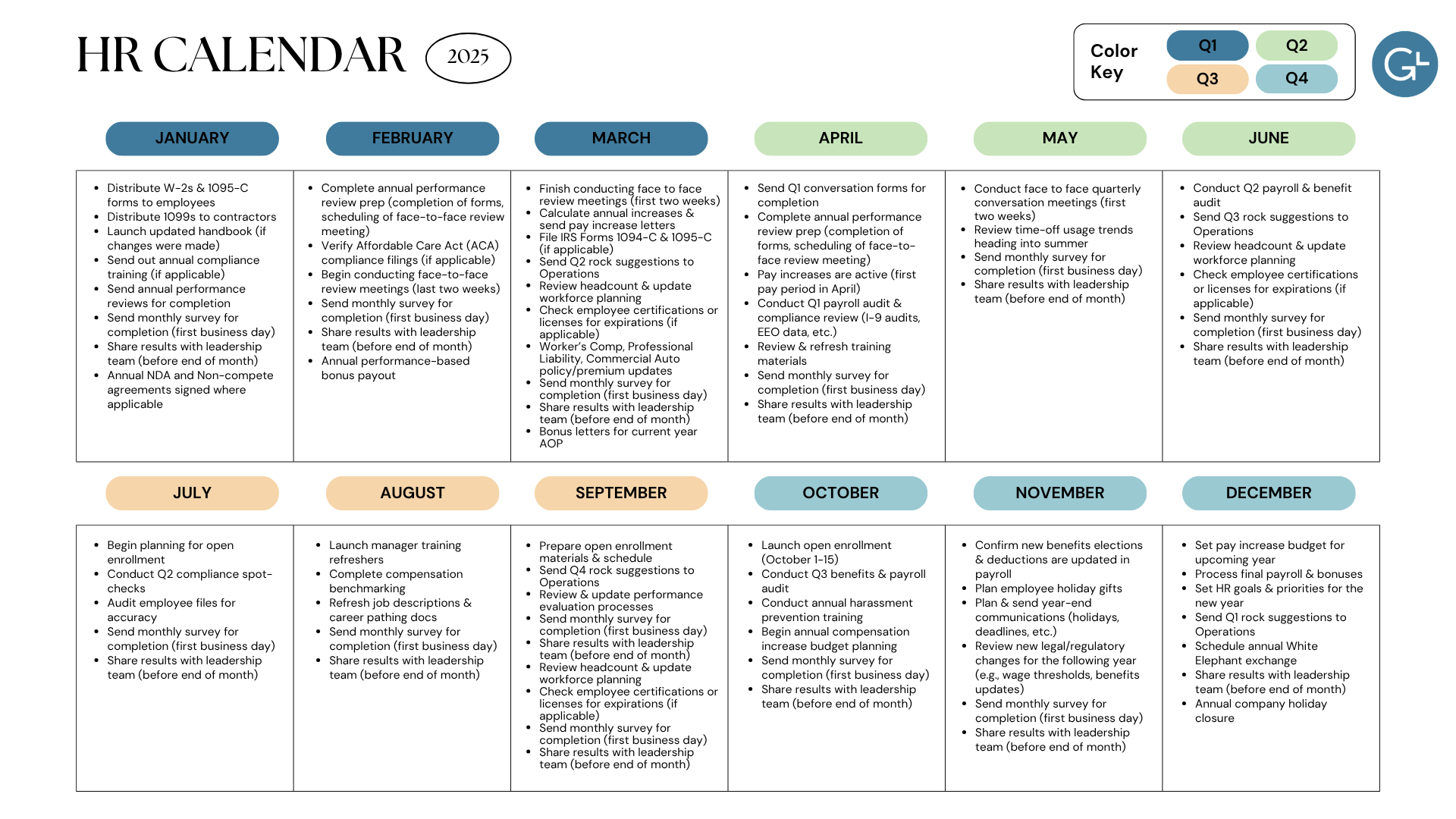Ways to Solidify the Foundation of Company Culture
Company culture is no longer just a buzzword you hear when talking about tech-savvy companies like Google or Amazon. Culture is an important part of every business, large or small. It unifies teams, brings in stronger candidates for new positions, and helps to retain current employees.
First, let’s discuss the company culture definition. Company culture is simply what makes the company unique. While there may be certain services or products that are hard to replicate, they are not truly inimitable. The only part of your business that will ever be truly unique is the business’ personality.
For some businesses, increasing wages may not be an option to draw in and retain employees, but it is not just about money. These people want to see better benefits and more culture within the business that they choose to work for. They do not want to just show up and work 9-5 and be another number. They want value. They want relationships. They want work/life balance. Some
65% of workers are currently looking for a new job. Culture can make a difference.
Strong company culture is achieved from the expectations and values set at the top. As the leader of a business, it is your responsibility to provide the foundation of company culture. How can you do this? This can be accomplished by:
1. Being Transparent
With the ongoing effects of The Great Resignation, it is imperative that you communicate with your employees and show your support. Trust between management and team members leads to loyalty and increased motivation. Employee engagement levels will match how they feel about the organization. A committed employee will be more productive and motivated than an employee who feels unheard and unvalued.
2. Understanding your Employees’ Wants and Needs
Employees need to see that your business values their time - both in and out of the office. This does not mean that you need to allow your employees to never work. What it does mean is that you should respect your employees’ time outside business hours. It should go without saying, if you treat your employees well and are understanding that life happens, the outcome will be positive.
3. Allowing Time for Relationship Building
Many businesses do not take the time for team building. While it may seem like a waste of time, allowing employees to interact with one another creates a bond that makes it harder to leave the organization. You want your employees to have an effective commitment to your brand. That is, staying because they want to… especially in a remote or hybrid working environment.
So why is all of this important? There are many benefits to positive company culture. Having employees that understand that you care about them helps with retention and also makes them have higher engagement. Your employees reflect your business and customers will see the atmosphere whether that is positive or negative. When the atmosphere is positive, this will also help to bring in better talent. Strong candidates want to work for businesses with a strong culture.
Culture is the ultimate unification tool of your business. When your management team, employees, and customers are all aligned with the same vision, it drives success and value.
Other Blogs Related to People Advisory Services





